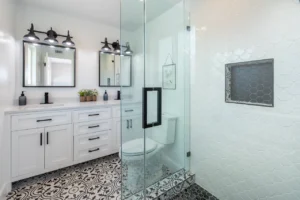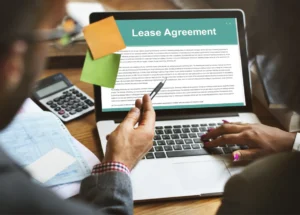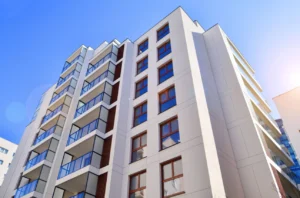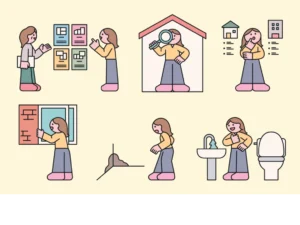Reasonable Accommodation Forms – How Can They Be Helpful?
 Reasonable accommodation requests can be completely obvious and straightforward. Still, more often than not, they require a little bit more due diligence or investigation to verify the need for what is being requested.
Reasonable accommodation requests can be completely obvious and straightforward. Still, more often than not, they require a little bit more due diligence or investigation to verify the need for what is being requested.
Along with that is the range of requests a leasing office can come across: accessible unit, live-in aide, and parking spot requests, just to name a few. Forms are a practical way to help a leasing office gather the information needed to make a determination. But it raises the questions: what kind of forms should a leasing office use, and what should you do if a resident refuses to fill one out?
Best Practices for Forms
Many offices have a pretty basic or boiler-plate type of form that they use. This is fine but can result in missing information that can be helpful when making a determination. Having forms specific to each type of request can help you avoid this. Also, pre-made forms can ensure that every resident is asked the same questions to avoid any appearance of discrimination.
For example, a resident is requesting that they need to move units as they have allergies and their next-door neighbors own a bird. Having a form that asks specific questions regarding allergies will help determine if the tenant has an allergy that meets the definition of a disability, therefore having an identified need which should be accommodated. But what should you do if a request is being made and the resident refuses to fill out your form, perhaps insisting that the doctor’s note they gave you is enough?
I Don’t Need To Fill Out Your Form!
We have all been there. A resident is requesting an accommodation but doesn’t want to do the paperwork. First off, you can try to defuse the situation by stating that the easiest way to get the ball rolling is to complete the form and that you would be happy to help them fill it out. Just be sure that the information contained and the signature authorizing the verifier to provide the information must be from the resident.
Another common hurdle we see is that a resident has brought in a note from their physician insisting that it is all they need to do. While it’s true, we technically can’t require a resident to use or fill out a form; however, if the doctor’s note is missing critical information, then the verification process can’t move forward. Only then can you ask that a verification form be completed if there is needed information missing, with the form outlining the specific information required.
Reasonable Accommodation Forms – Final Takeaway
Having carefully created forms for specific accommodation requests aids in creating a streamlined process and reduces the chances of miscommunication that can lead to a charge of discrimination. Having forms ready for your staff, along with proper training on how to execute them, will help your leasing office manage these requests and keep everything fair housing focused.













 Accessibility
Accessibility